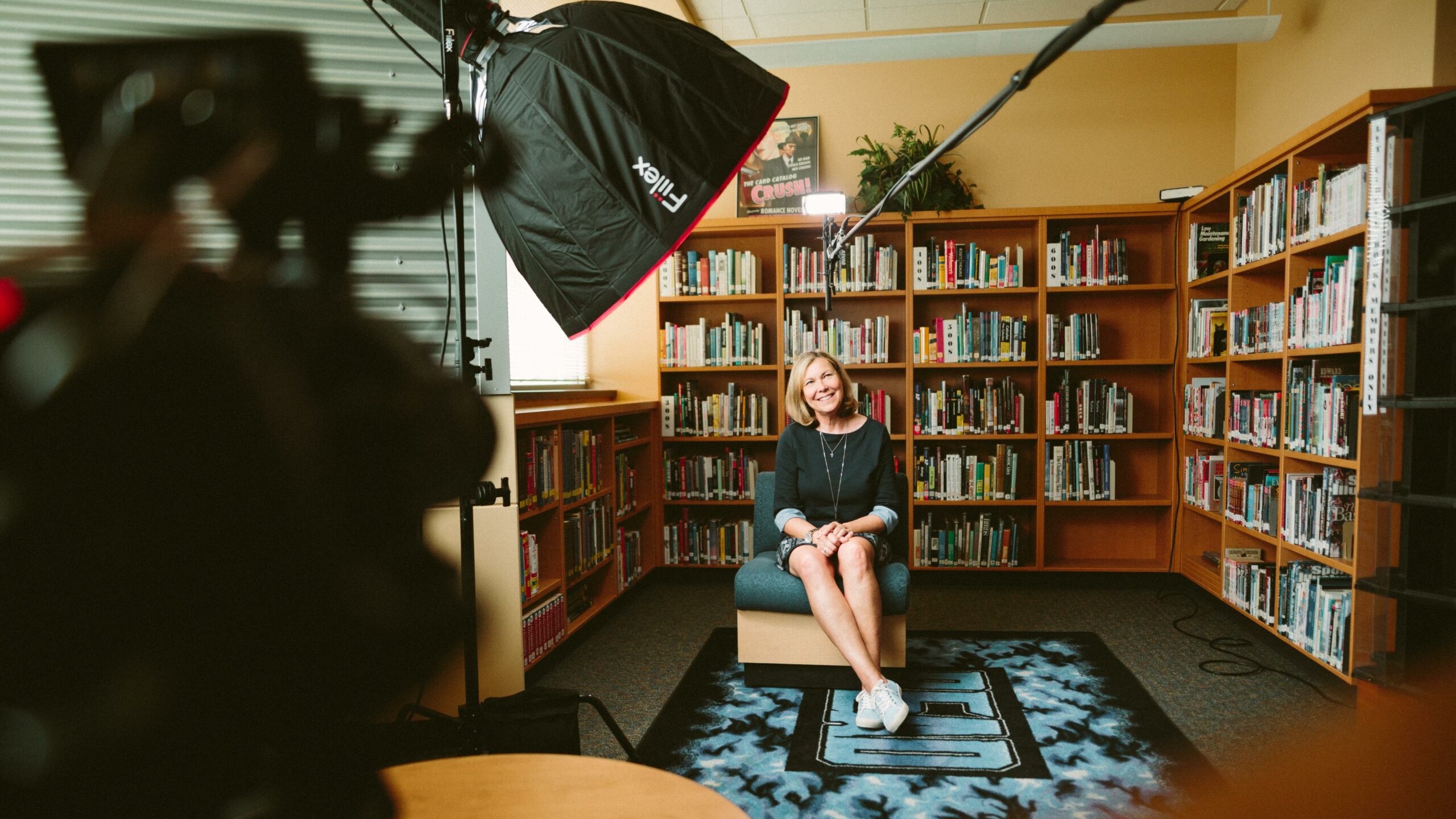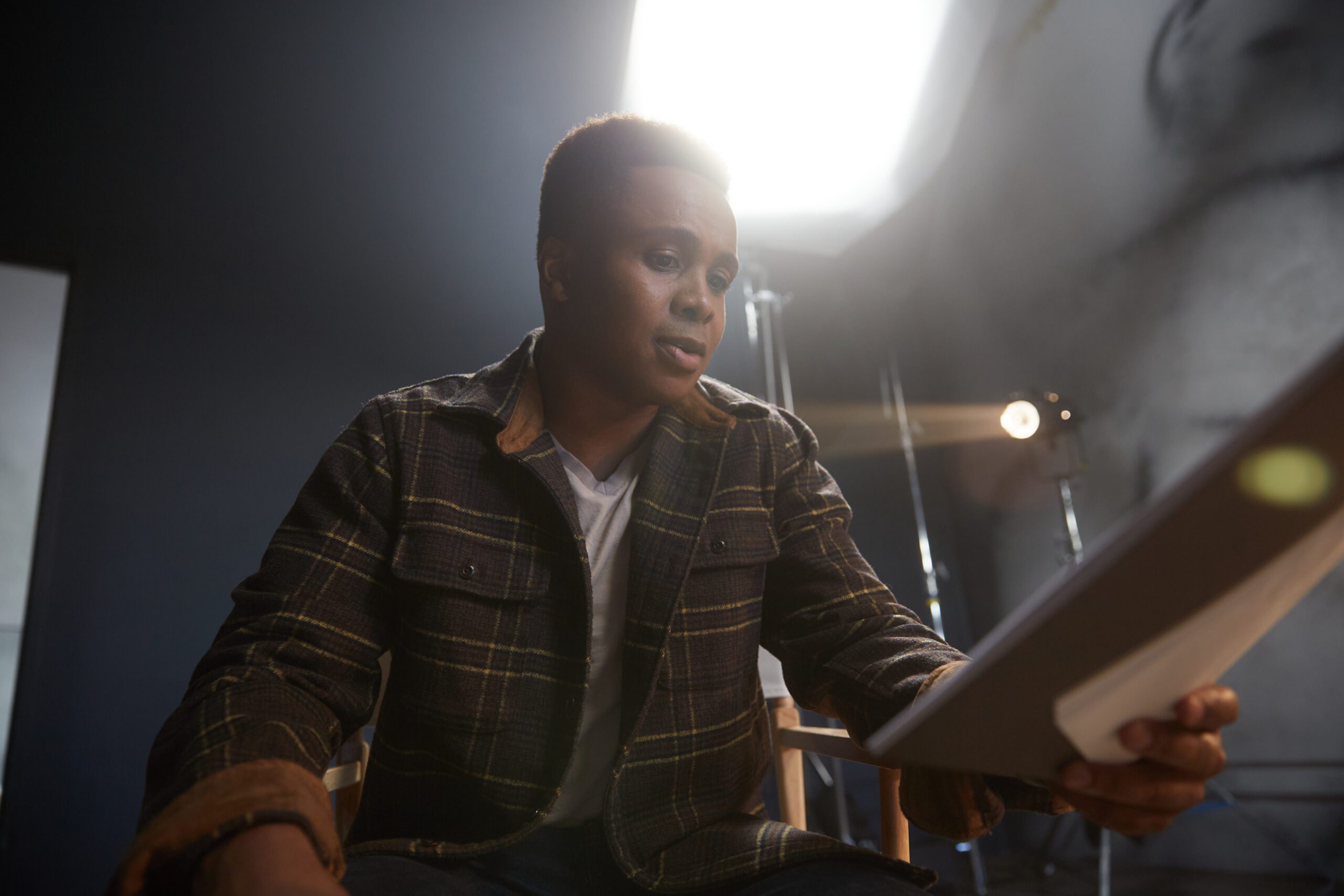Award-winning playwright and performer, Victoria Taylor Roberts explains her experiences of ageism in the industry and what can be done to change this.
It was a warm Spring day, and I was heading home from work when the call came from my agent. It was a quick one; they felt that I had shown a ‘lack of commitment’ in not being able to attend the short notice audition they’d secured for me a few days prior. They wished me a polite ‘good luck and goodbye’ then hung up.
I could pretend it was unexpected, but the fact is, it wasn’t. Having spent my 20s juggling low paid casual work and castings, at 30, tired of struggling to pay the bills, I’d retrained as a support tutor. Then, at 37, I’d crossed my fingers and had the much wanted baby I’d held off on for so long. Now here I was, 40, with two decades experience as a performer – and no agent.
Sadly, mine is not a singular tale. An acting colleague with over twenty years of stage and screen work under her belt recalls vividly the moment, shortly after her daughter was born, when she was dropped from her agency with the words, ‘You can’t be a mother and an actress.’
Was what happened to us discriminatory? Yes. Were those agents’ sentiments dismissive? Absolutely. Is this an equal problem for male actors once they become parents? Hmm, I think you already know the answer to that one. So, when the industry’s most powerful tells us it’s working hard to become more equal, inclusive and accessible, why do these lapses in gender-based rights persist?
There are the more obvious answers, of course. Women are told repeatedly that as our socio-economically defined ‘beauty’ wanes, so does our appeal to audiences. But is it really just a matter of looks? In part, yes; women are still very much subject to that. However, the lessening visibility of female characters – and the actors that play them – is not just about gender-based ageism, it’s about gender-based logistics.
Statistically, women are shown to take on the lion’s share of parenting, being the primary carers of not just children, but parents and partners also. It’s no surprise that women in their 40s, 50s and 60s struggle to compete in the fast-paced performing arts industry, notorious for its demanding audition processes, long hours and poorly regulated working conditions.
As for me, my boyfriend’s inflexible full-time job and lack of a practical support network meant that I had no choice but to become my child’s primary carer. So, why, you ask, didn’t you get childcare? Good question, let’s discuss.
The UK has some of the world’s highest childcare costs, where a place in a day nursery will set you back approximately £263 a week – over half of the minimum weekly Equity rate (£494) for an independent theatre performer. That only covers rehearsal hours; let’s not forget the babysitting costs for the evening and weekend shows or, if you’ve got a short film gig, the 12 hour shoot days, which, at an average rate of £100 per day is over 20% less than your childminder’s daily rate. Meaning you’ll be working at a loss.
Now, most actors understand that unless you’re one of the very lucky ones, an actor’s life is not a wealthy one. If you’re after that big house in the country, you’d be better off becoming a builder, and the truth of the matter is that, despite your oodles of ambition, reality will bite you in the wallet when the word ‘parent’ pops into your daily vocab. Call me naïve, but I was genuinely shocked to discover that my toddlers’ first walking shoes were thrice the price of my Primark trainers. And then there’s the rapid turnover: all that growing that kids do has a serious financial fall out.
Polly Kemp, Co-founder of ERA 50:50 describes it as the ‘gendered filtration system’ with the lack of representation behind the camera (development through to directors) largely perpetuating the difficulties for women in front of the camera and on stage. If those in more powerful positions have a vested interest in working women’s needs, then employment culture will adapt – eventually.
In the meantime there is support. Spotlight’s Wellbeing Series hosts the monthly Parent and Performer Circle, a supportive online space for parents, guardians and carers, whilst organisations such as PiPA and ERA 50:50 campaign tirelessly to improve industry access for acting mothers. Take heart, things are changing. We will change them. Who runs the world, right?
 Victoria is a multiple award-winning playwright and actor, and the editor of Women Are Like Wine, an audition anthology comprising 39 contemporary monologues specifically written for women over 40. Women Are Like Wine is available at Amazon and selected theatre bookshops.
Victoria is a multiple award-winning playwright and actor, and the editor of Women Are Like Wine, an audition anthology comprising 39 contemporary monologues specifically written for women over 40. Women Are Like Wine is available at Amazon and selected theatre bookshops.
Victoria’s Headshot by Dan Bridge
Main Photo by Sam McGhee on Unsplash



















